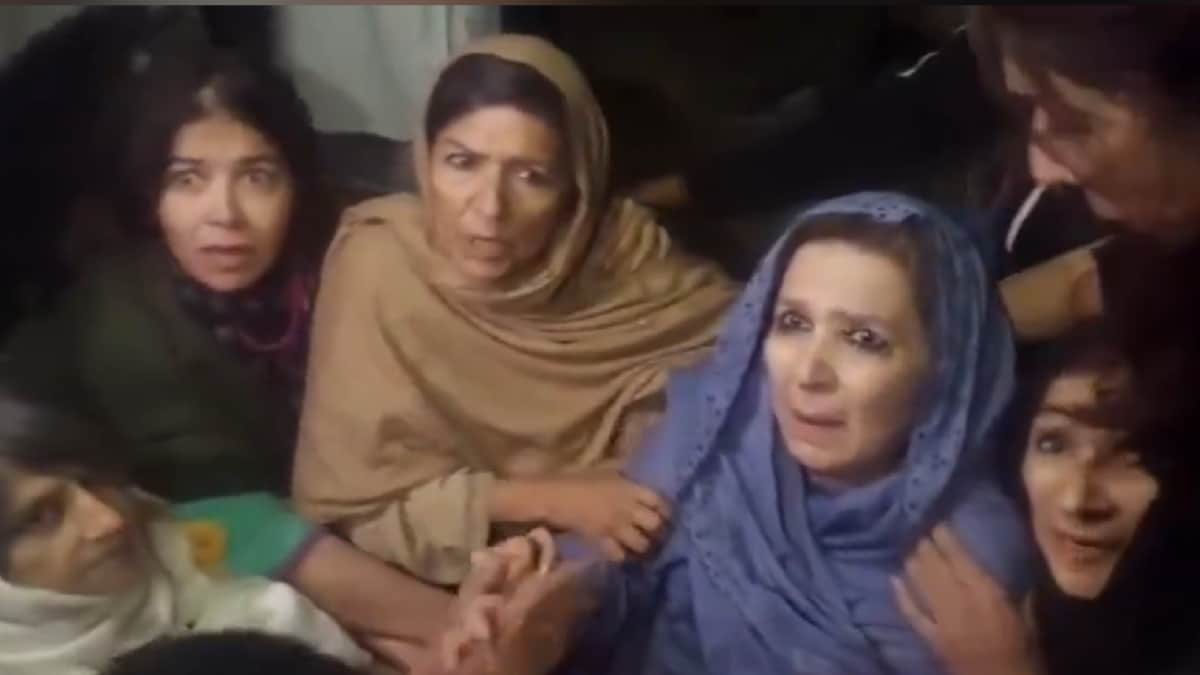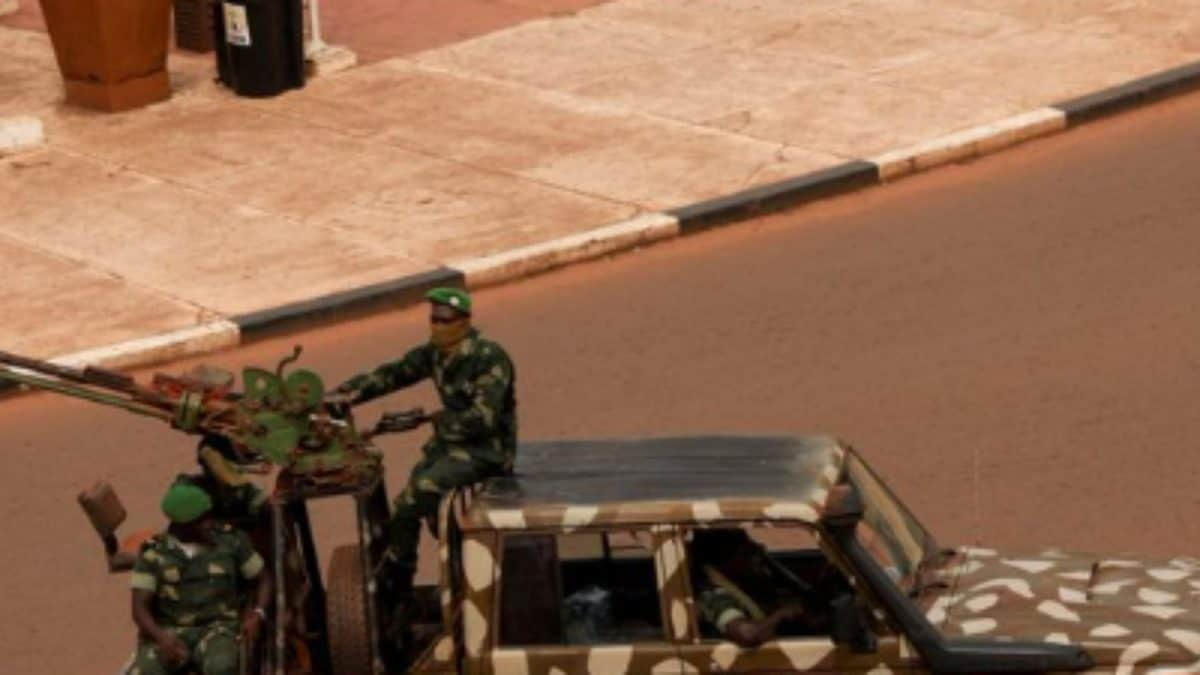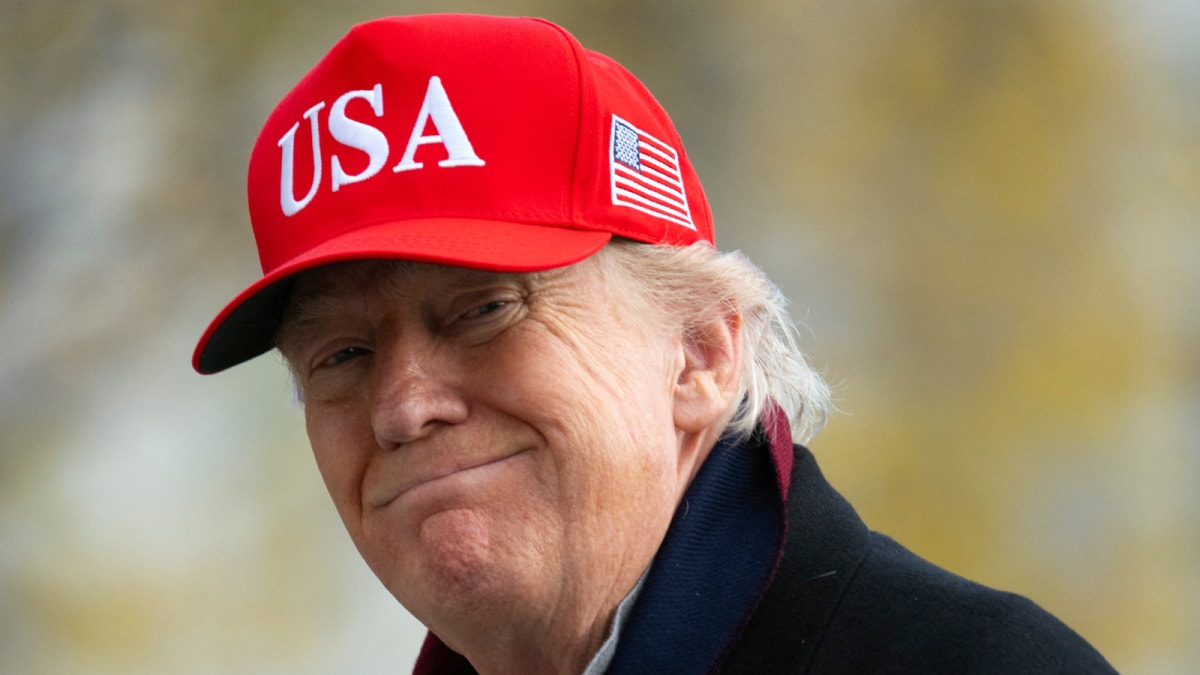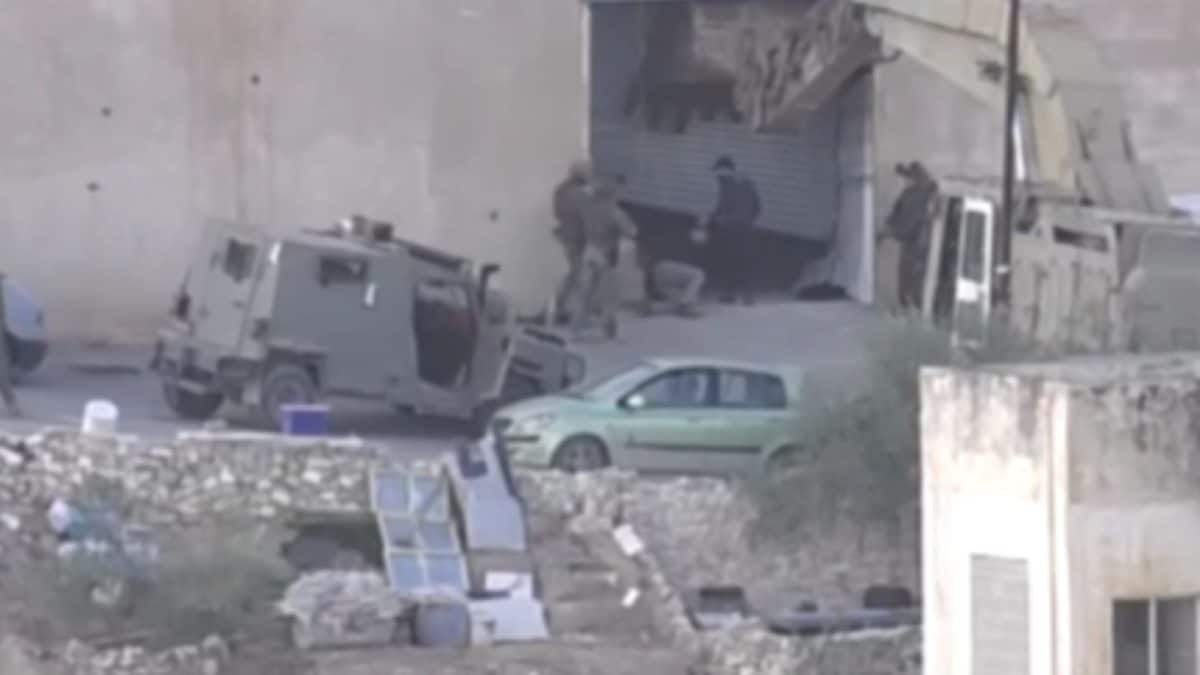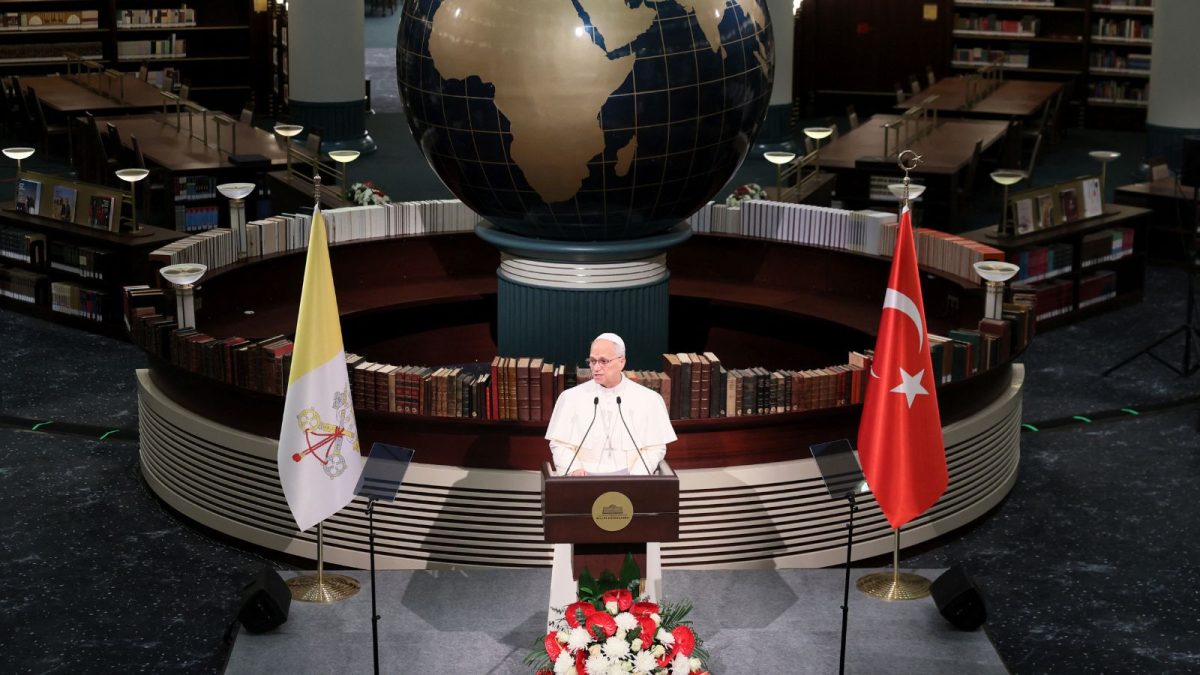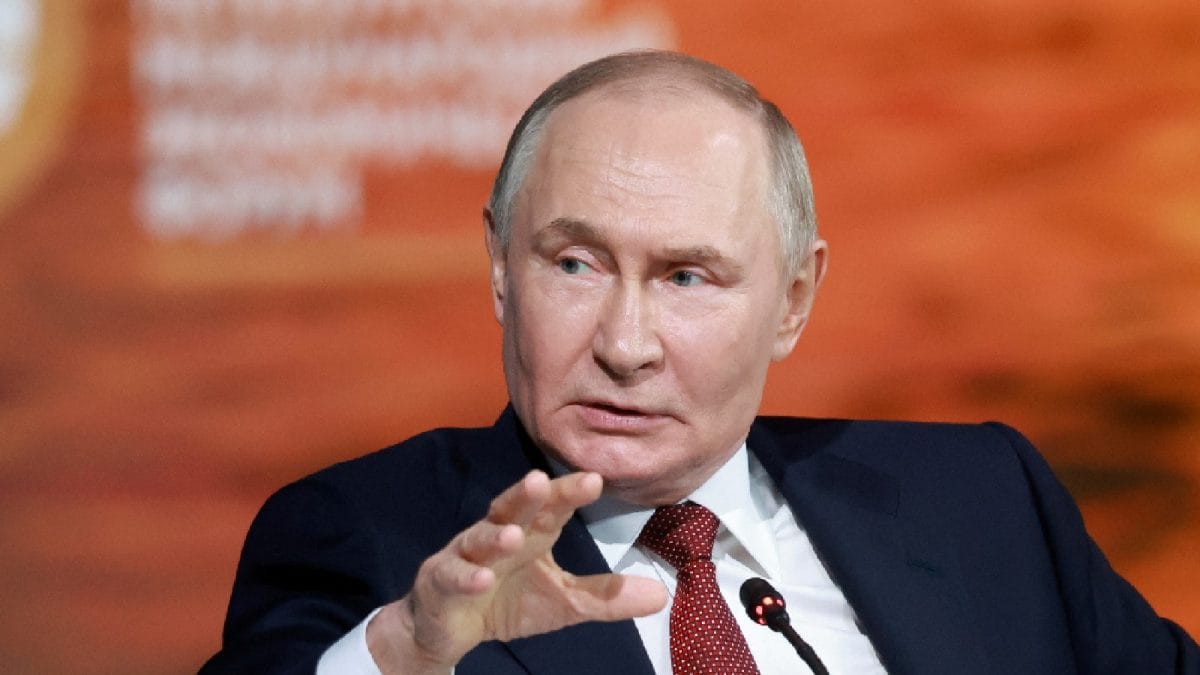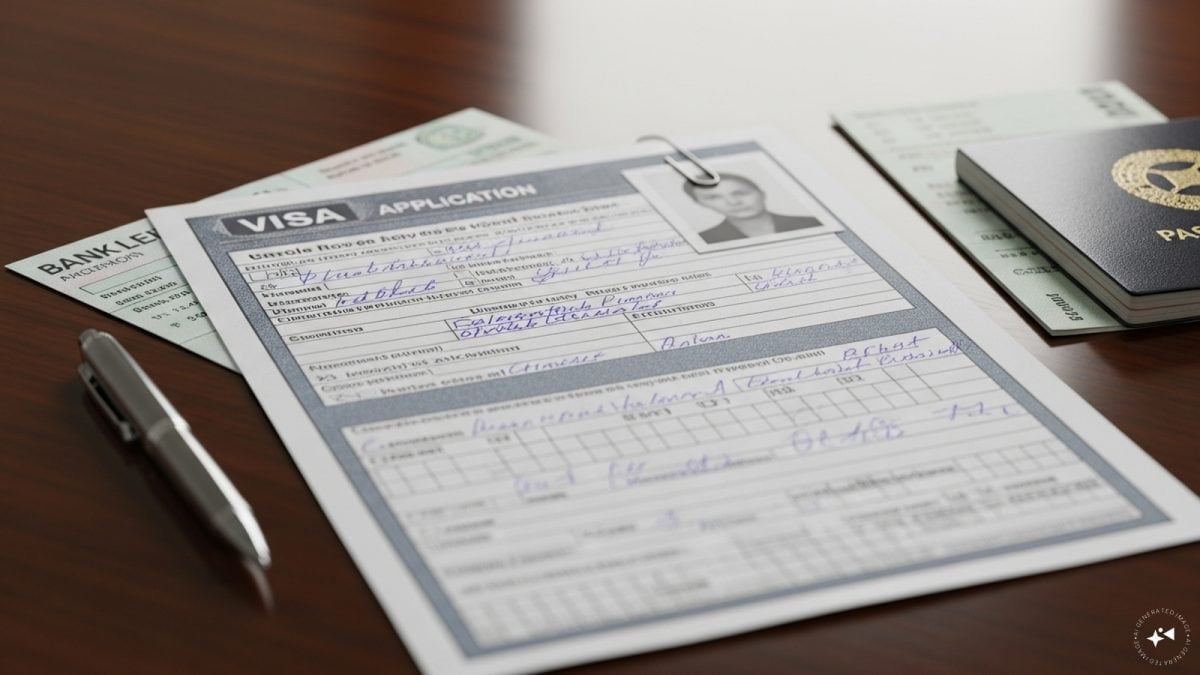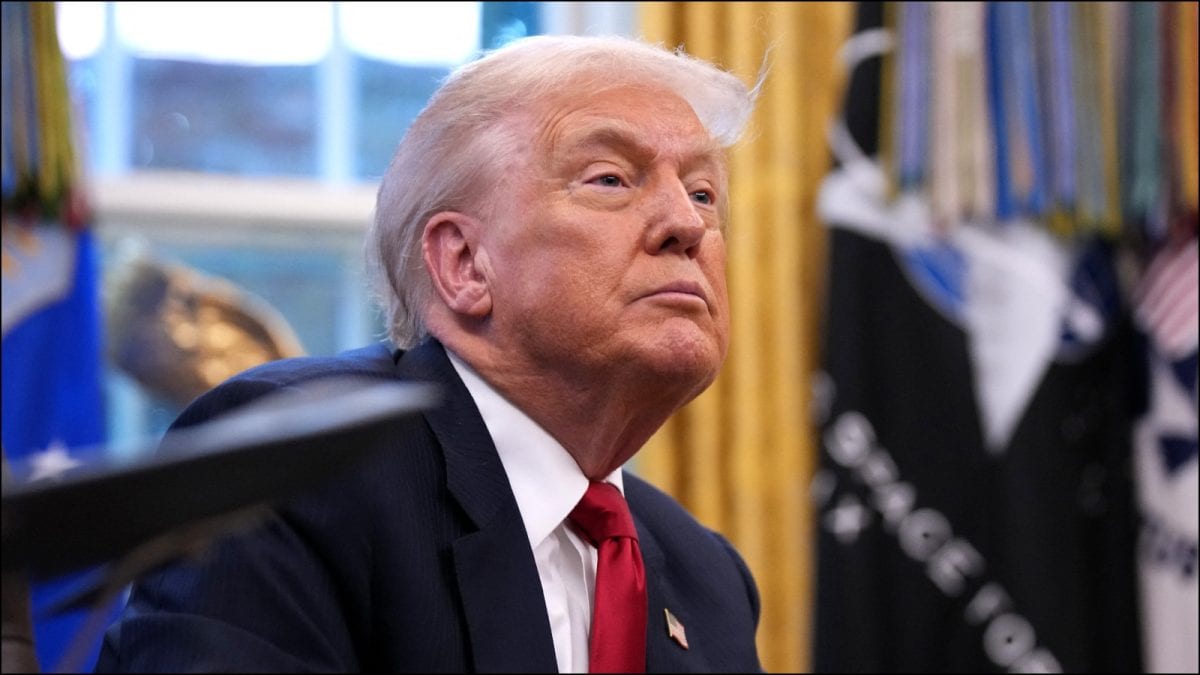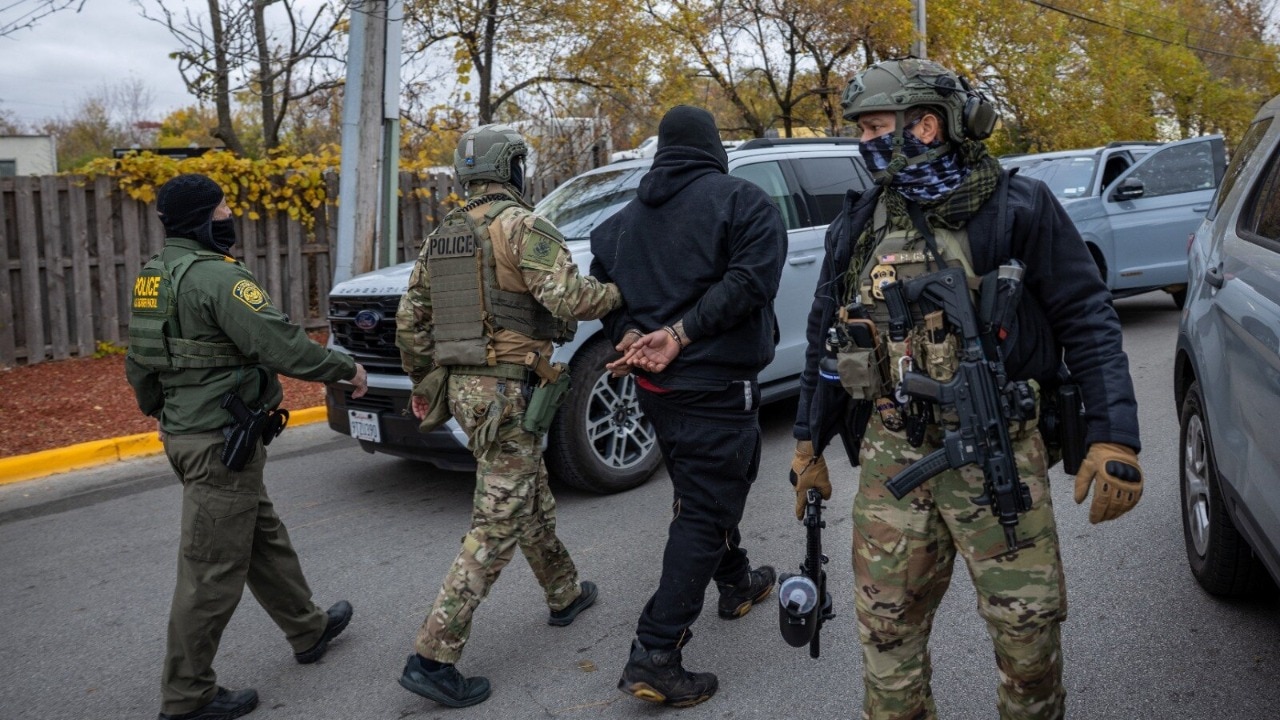The deadly clashes along the Pakistan-Afghanistan Durand Line, sparked by Pakistan's airstrikes targeting TTP militants, have escalated tensions. Both sides reported heavy casualties, and the collective death toll is over 250. Do Pakistan's strikes, which triggered the violence, have anything to do with Afghanistan's Foreign Minister Amir Khan Muttaqi's visit to India?

A powerful explosion rocked Kabul, which was caused by a Pakistani Air Force airstrike targeting TTP leader Noor Wali Mehsud. Pakistan has not acknowledged its role in the attack. (File Image)
Just as Afghanistan's Foreign Minister Amir Khan Muttaqi was in India, the 2,600-kilometre Durand Line between Pakistan and the Taliban-ruled nation burst into flames. Pakistani and Afghan forces exchanged deadly fire in at least seven locations along the Durand Line. Afghan authorities even accused Pakistan of bombing Kabul. Both sides have claimed to have captured and destroyed border posts in one of the sharpest escalations of violence in recent years.
Border crossings between Pakistan and Afghanistan have been closed.
Both sides claimed to have inflicted significantly heavier casualties on the other. Pakistan said it had killed over 200 fighters from the Afghan Taliban and their allies, while Afghanistan maintained it had eliminated 58 Pakistani soldiers, news agency Reuters reported.
So, why did Pakistan and Afghanistan exchange deadly fire? What triggered the cross-border clashes? Has this anything to do with India?
1. AFGHAN TALIBAN LAUNCHED RETALIATORY ATTACK AFTER PAK CONDUCTED AIRSTRIKES IN KABUL
The immediate flashpoint of the clashes was Pakistan's unacknowledged airstrikes on October 9, in Kabul and Paktika province. Pakistani forces targeting Noor Wali Mehsud, head of the Tehrik-i-Taliban Pakistan (TTP).
Explosions rocked Abdul Haq Square close to the Afghan ministries in Kabul, with no confirmed casualties but significant damage to a civilian market in Barmal district.
Afghanistan's Defence Ministry labelled it an "unprecedented violation of sovereignty", vowing consequences.
Pakistani officials confirmed the strikes aimed at TTP hideouts, citing UN reports of Taliban support for the group.
The Tehrik-i-Taliban Pakistan (TTP) is a militant group formed in 2007, allied ideologically and operationally with the Afghan Taliban but operating independently with a goal to overthrow the Pakistani government through violence. Pakistan opposes the TTP because it wages violent attacks against the Pakistani state and seeks to destabilise the country.
These Pakistani attacks in Afghanistan—far from the border—provoked Afghan Taliban forces to launch "retaliatory operations" on October 11. The Pakistani forces seized outposts in Kunar, Helmand, and Paktia provinces along the international border.
The strikes marked a bold escalation from the earlier border raids.
2. HOW COLONIAL DURAND LINE STILL FUELS PAK-AFGHAN HOSTILITY
Drawn by colonialists in 1893 as a border between British India and Afghanistan, the Durand Line bisects Pashtun ethnic heartlands.
Afghanistan never recognised it, viewing it as an arbitrary imposition.
This 2,600-km line through the rugged terrain has long been a smuggling route for militants, drugs, and refugees, with both sides accusing the other of incursions.
Recent fencing by Pakistan (of which over 90% was completed by mid-2025) has sparked skirmishes, as Taliban guards dismantle them, claiming territorial overreach by Islamabad.
The Pakistani establishment has time and again alleged that the TTP operated from the Afghan soil and has carried out strikes against them in the past.
The recent clashes erupted at hotspots like Torkham, Chaman, and Angoor Adda, where gunfire and artillery lit up the night sky, destroying posts on both sides, news agency Reuters reported.
Analysts note the line's porosity enables TTP crossovers, but Kabul insists Pakistan's aggression stems from irredentist fears of a "Greater Afghanistan" narrative, UK-based The Guardian reported.
With over a million Afghan refugees expelled from Pakistan since 2023, mutual distrust has boiled over into open fire.
3. TTP SAFE HEAVEN IN AFGHANISTAN MADE PAK PULL TRIGGER
Pakistan's primary accusation against the Afghan Taliban is that the latter is TTP militants. This lies at the recent conflict's heart. The TTP, ideologically aligned with the Afghan Taliban, has intensified attacks since 2021, killing hundreds of Pakistani troops.
A July 2025 UN report detailed Taliban logistical aid to TTP camps in Khost and Paktika, which Islamabad has used to demand crackdowns across the border.
Kabul denies this, asserting no anti-Pakistan activity from its soil.
The TTP's October 7 ambush on a Pakistani convoy in Khyber Pakhtunkhwa's Orakzai, which killed 11 soldiers, preceded the Kabul strikes, framing them as preemptive.
Pakistan's military dismantled alleged TTP training sites during the border response, claiming "200 terrorists" were neutralised.
This cycle of raids resulting in reprisals has made 2025, the deadliest year for Pakistan, according to Islamabad's Pakistan Institute for Conflict and Security Studies.
4. AFGHANISTAN-PAK HOSTILITIES ON HOLD, TALIBAN WARNS BREACH OF AIRSPACE
The October 11-12 exchange of fire, spanning seven locations along the alleged border, claimed at least 250 lives by conflicting tallies: Afghanistan reported 58 Pakistani soldiers dead and nine Taliban fighters lost, while Pakistan cited 23 troops slain and over 200 Taliban-affiliated militants eliminated.
India Today Digital could not independently verify the numbers, but videos of burning outposts and artillery barrages corroborate intense combat.
All major crossings, including Torkham, Chaman, Kharlachi, have been closed, stranding thousands and halting $2 billion in annual trade, reported Reuters.
Displaced Pashtun families fled shelling in Kurram and Bajaur, exacerbating the refugee crisis, which has been ongoing for a few years.
Fighting paused by October 12, but Taliban spokesman Zabihullah Mujahid warned of renewed response to any airspace breach.
5. AN INDIA FACTOR? DID INDIA-AFGHANISTAN DIPLOMATIC THAW PLAY A PART?
The Pakistan-Afghanistan border clashes coincided with the Taliban regime's Foreign Minister Amir Khan Muttaqi's historic visit to New Delhi. It is the first high-profile visit to New Delhi by a senior Taliban official since 2021, when the group took control of Afghanistan after the US withdrew.
India announced reopening its Kabul embassy and discussed Chabahar port collaboration, which was seen as a pragmatic reset between the two partners.
The border clashes coincided with a significant high-level meeting in New Delhi, which experts interpreted as either Pakistan's retaliation or a clear expression of its displeasure.
Ibraheem Bahiss, a Kabul-based analyst for the Crisis Group, said Muttaqi's red-carpet welcome in India was "probably a factor in the ultimate decision by the Pakistan army to escalate in the major way that we saw".
The Hindu reported that Islamabad had summoned the Afghan ambassador to convey its "strong reservations" over the India-Afghanistan joint statement. In the statement, both parties "unequivocally condemned all acts of terrorism emanating from regional countries".
"Pakistani media has been furious over Muttaqi's visit to India," claimed Afghan creator Pathan Bhai. "While the entire Muslim world considers Pakistan a superpower and turns to it for help, the Taliban are running towards India. This has made the Pakistani paid media panic, and they are speaking out of fear. Those who have filth in their hearts and minds act accordingly," he claimed in his video.
Pakistan's ISPR accused "India-sponsored Fitna-al-Khawarij" of aiding Taliban assaults on Pakistan, echoing its long-held claim of New Delhi funding TTP proxies.
Muttaqi, from South Asia's most influential Islamic seminaries in UP's Deoband, emphasised Taliban-India religious ties and urged Pakistan toward peace.
While analysts see India's outreach to the Taliban as economic and not military (bypassing Pakistan via Chabahar), Islamabad might be viewing the development as its encirclement, especially after the four-day mini-war when India struck deep in Pakistan, exposing its "strategic depth" leaving it defenceless.
Although the border clashes between Afghanistan and Pakistan have temporarily paused following mediation by Qatar and Saudi Arabia, the Taliban has warned Islamabad that it would not tolerate any further violations of its sovereignty. While the deadly fighting must stop—and should stop—if it continues, US President Donald Trump might claim he "solved the 8th war".
- Ends
Published By:
Sushim Mukul
Published On:
Oct 13, 2025
Tune In

 1 month ago
1 month ago


